Concrete block has the ability to form inner, outer walls and vertical surfaces of different structures despite being produced in two groups of light and heavy. This raw material, which is a blend of cement, sand and sand, has all the advantages and disadvantages that are chosen by the construction engineer and the employer. Concrete block components include cement, stone (sand) and water, if needed additives such as flooring and gas generators are used to produce sponge blocks. Cement used in concrete blocks is often of the usual Portland cement type or in some cases Portland cement. In certain situations, cements such as overburden cement, aluminum cement and portland cement are also used.
Advantages of concrete block:
- One of the benefits of concrete block is the sound insulation.
- Lightweight concrete blocks are another feature of this block.
- The strength of lightweight concrete blocks is higher than other lightweight blocks.
- The cost of building a building using CLC style blocks is very affordable and low cost.
- They are very resistant to fire and moisture.
- The life of these light blocks is very long.
- Cutting lightweight concrete blocks is very easy and easy.
- Lightweight concrete blocks are environmentally friendly.
- For these blocks you can use special building materials or adhesive.
- It’s easy to transport, it’s also very fast to work with concrete blocks.



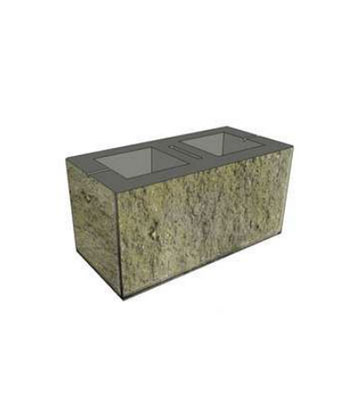

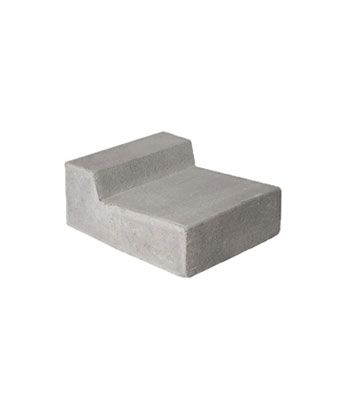
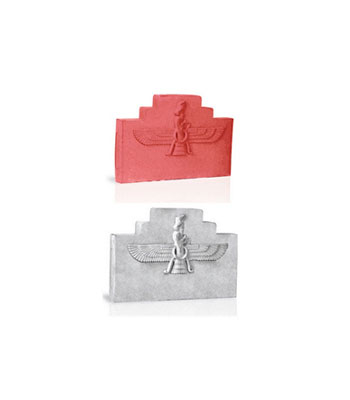
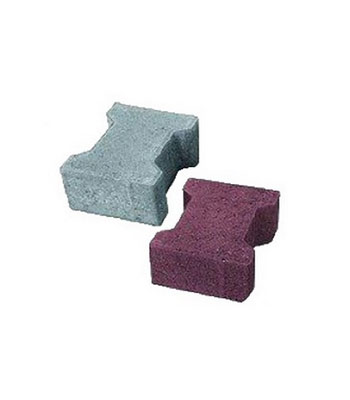
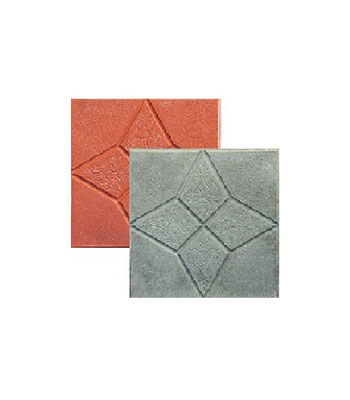
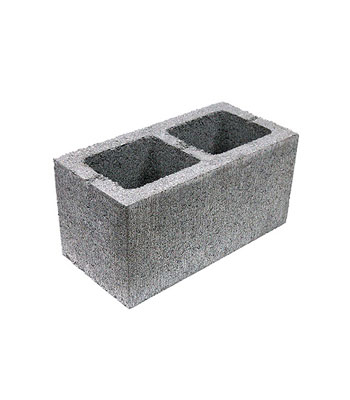
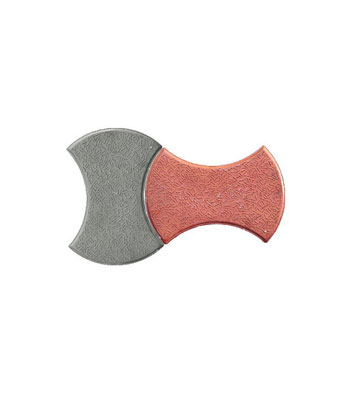
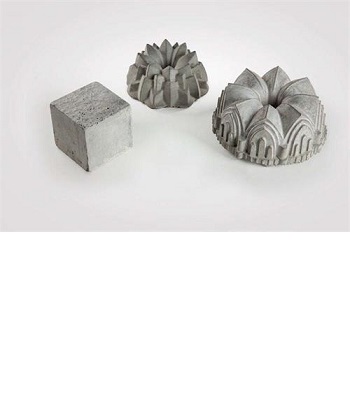
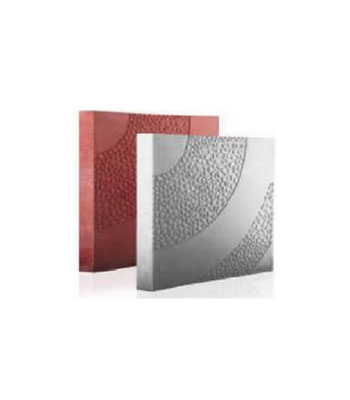
Reviews
There are no reviews yet.